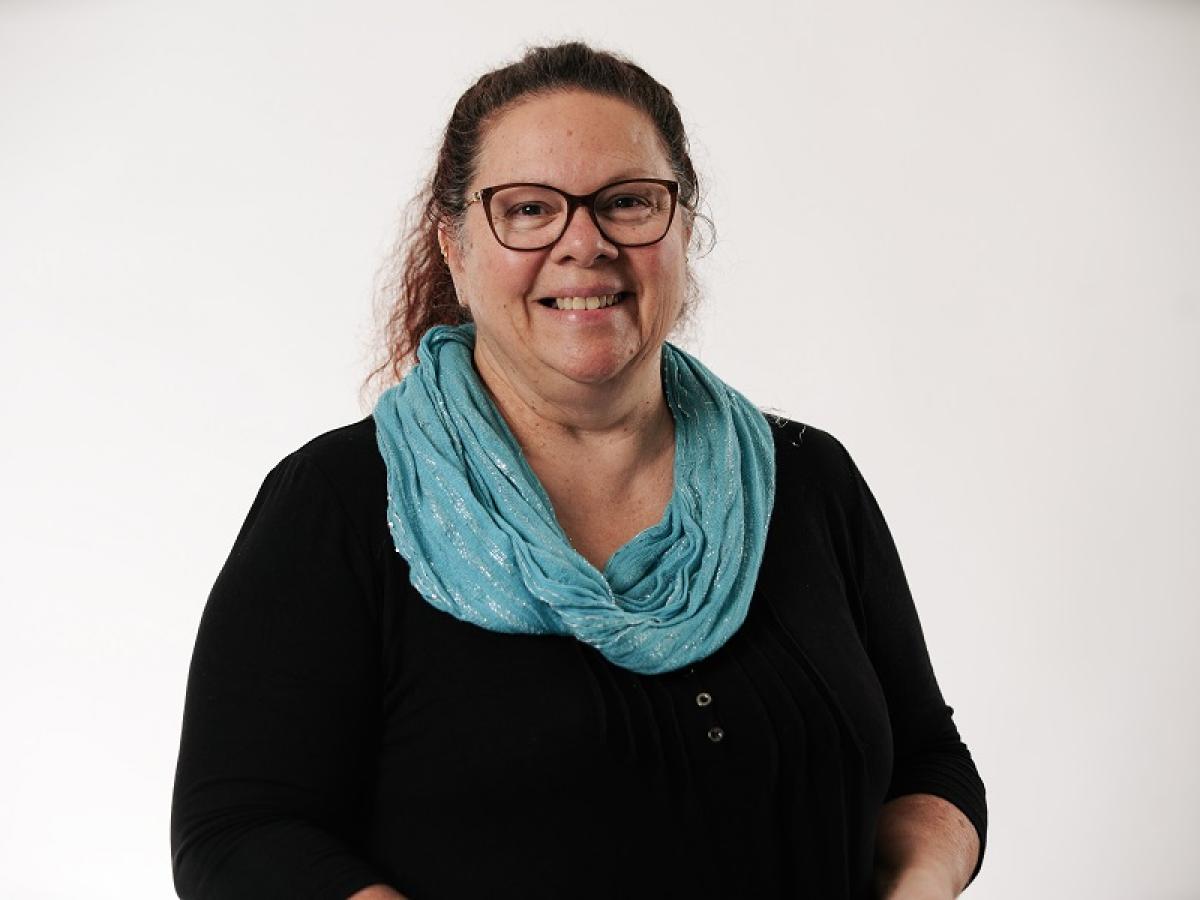Study addresses First Nations intergenerational trauma

Karen Glover
The third stage of a study which aims to address intergenerational trauma in Aboriginal and Torres Strait Islander young people has received more than $3.6 million from the National Health and Medical Research Council (NHMRC).
The Aboriginal Families Study (Wave 3) grounded in Aboriginal knowledge and culture: Exploring Aboriginal and Torres Strait Islander young people’s social and emotional wellbeing was awarded $3,666,252 through the NHMRC’s Clinical Trials and Cohort Studies Grants, announced Friday, 10 May.
The University of Adelaide will administer the grant on behalf of the South Australian Institute of Health and Medical Research (SAHMRI) and collaborators from the Murdoch Children’s Research Institute.
Chief investigator Karen Glover said the funding, delivered over five years, will allow the development of a new measure of social and emotional wellbeing.
“It will provide evidence to inform co-design and implementation of responses to intergenerational and complex trauma spanning health, education and social care sectors, including strategies to promote resilience, healing and recovery for young people and their mothers and other primary caregivers,” she said.
“This project aims to strengthen Aboriginal and Torres Strait Islander young people’s social and emotional wellbeing and translate knowledge into action across primary health care, mental health, housing, education and social care sectors to benefit them and their families.
The Aboriginal Families Study is a prospective mother and child cohort study investigating the health and wellbeing of 344 Aboriginal children and their mothers living in urban, regional and remote areas of South Australia.
It was developed after gaps were discovered in the available evidence to inform health policy and services, and it was preceded by extensive consultation with Aboriginal communities and services in South Australia.
Researchers made first contact with families in the year after the children were born and reconnected for Wave 2 when the children were in early primary school (aged 5 to 9).
The first two waves focused on social determinants of women’s and children’s physical and mental health, identifying gaps in access to pregnancy, postnatal and primary care and finding evidence that Aboriginal-led services in South Australia have improved women’s experiences and access to antenatal care.
With the children now in their early teens, the study will look more closely at their wellbeing.
“We will develop a new co-designed, multi-dimensional measure of Aboriginal and Torres Strait Islander young people’s social and emotional wellbeing spanning the seven domains of body, mind and emotions, family and kinship, community, culture, Country and spirituality,” Ms Glover said.
“We will also conduct yarning circles and a further wave of survey data collection with young people (aged 14 to 16) and their mothers/primary caregivers to generate new knowledge about the potential for social and emotional wellbeing to buffer the impacts of social, political and historical determinants of mental health, health behaviours, educational and social pathways.”
Media Contact:
Rhiannon Koch, Media Officer, The University of Adelaide. Mobile: +61 (0)481 619 997. Phone: +61 (0)8313 4075. Email: rhiannon.koch@adelaide.edu.au
